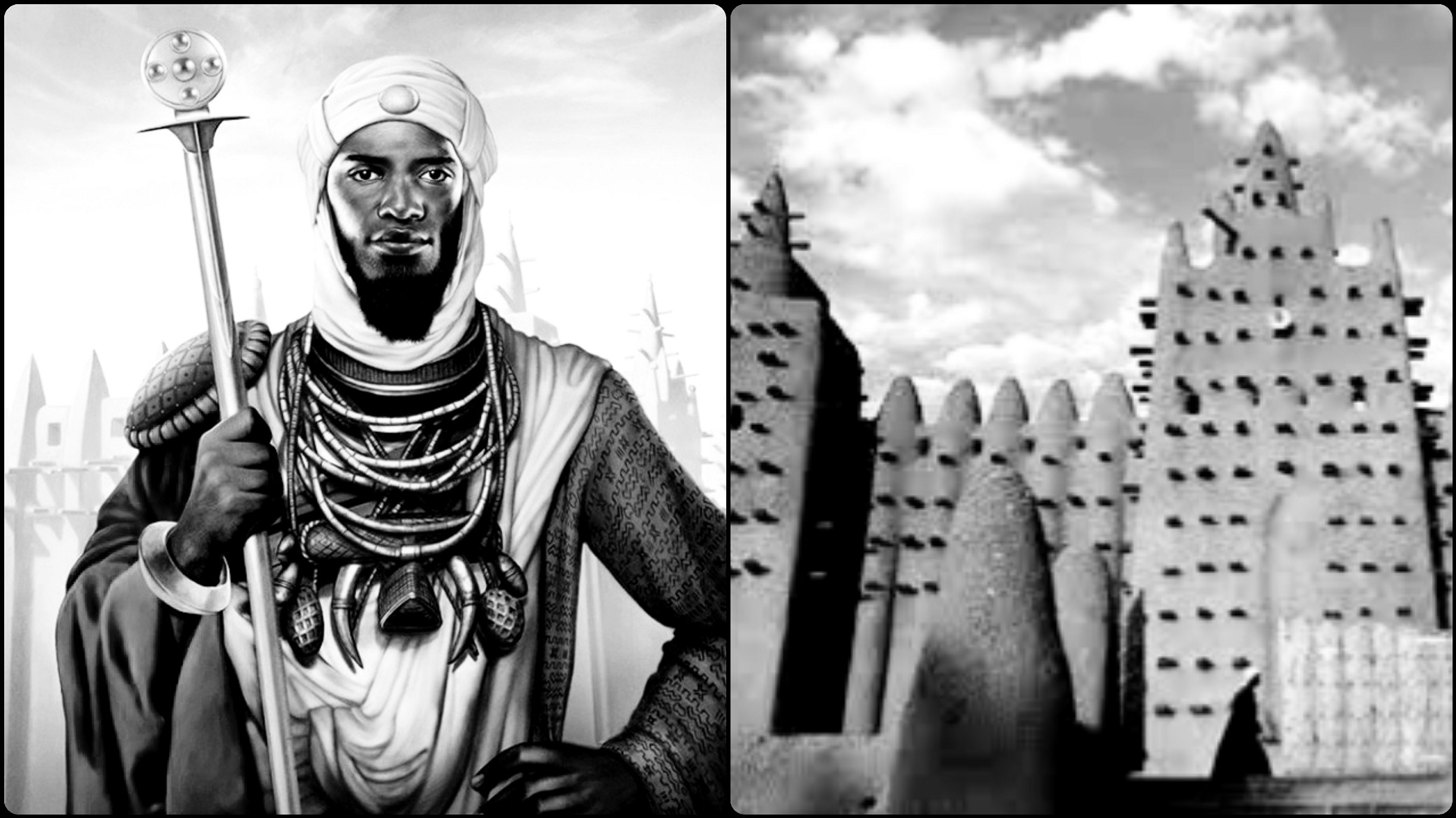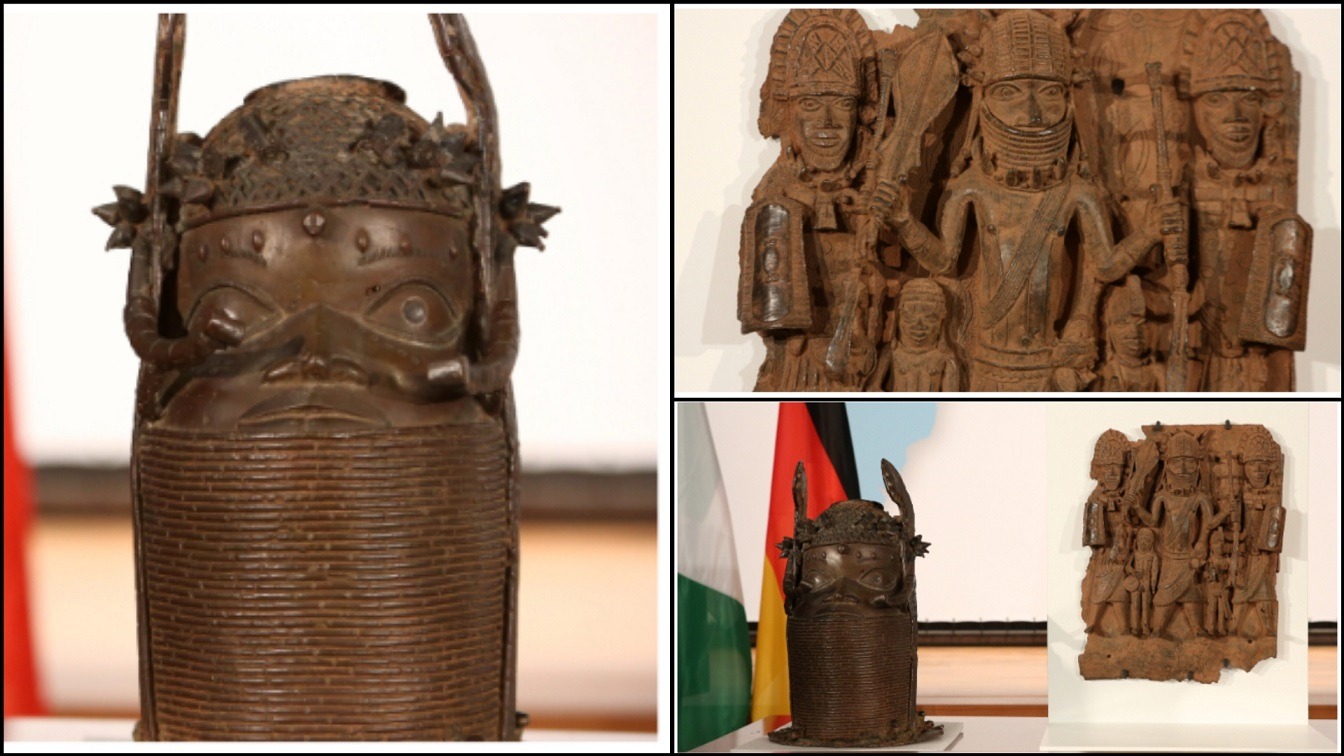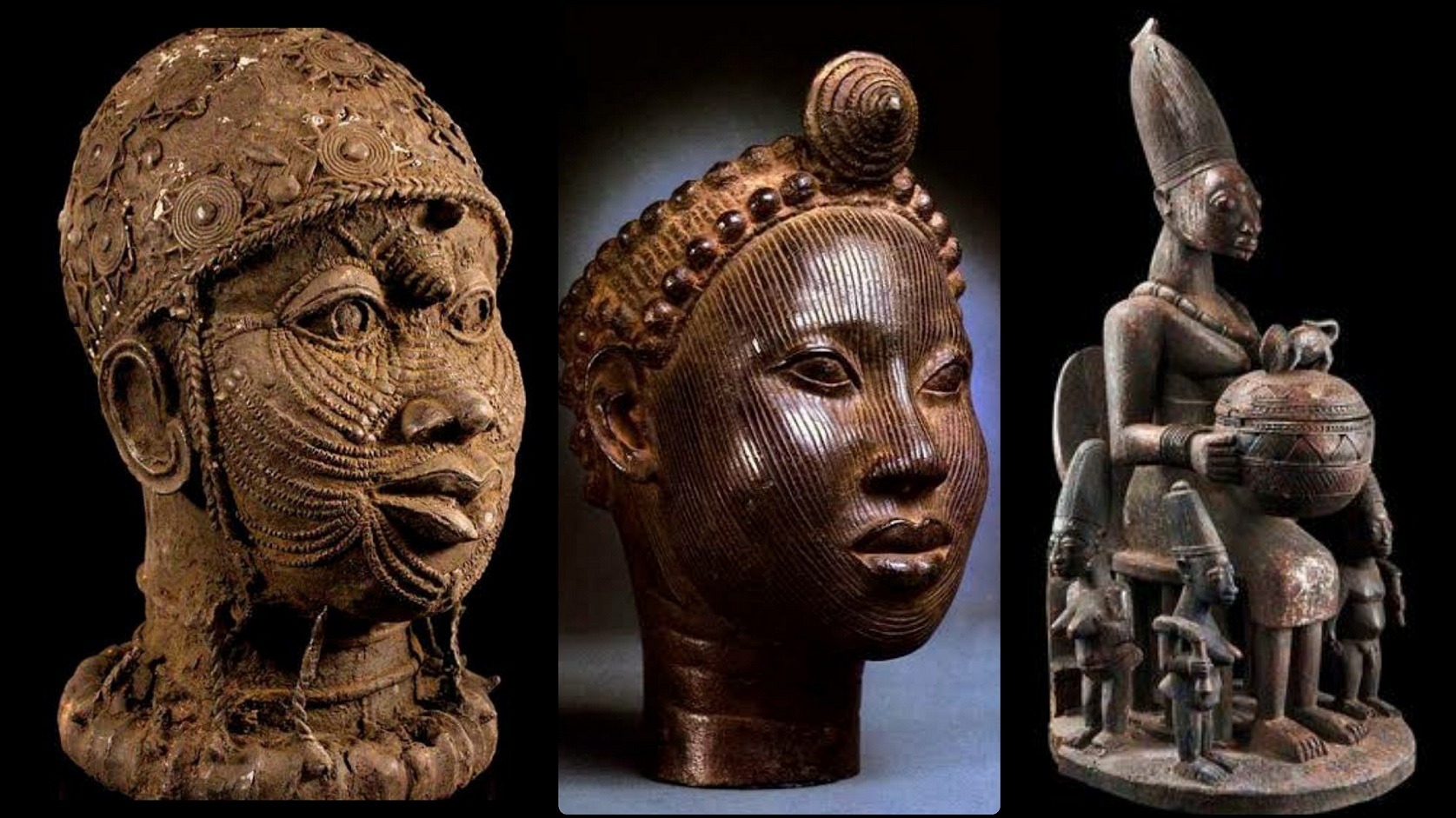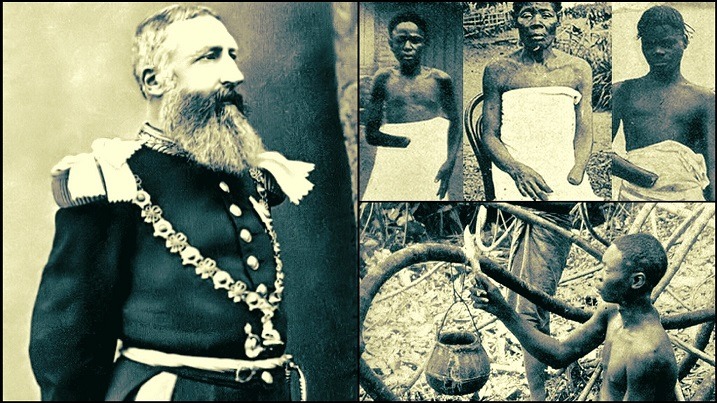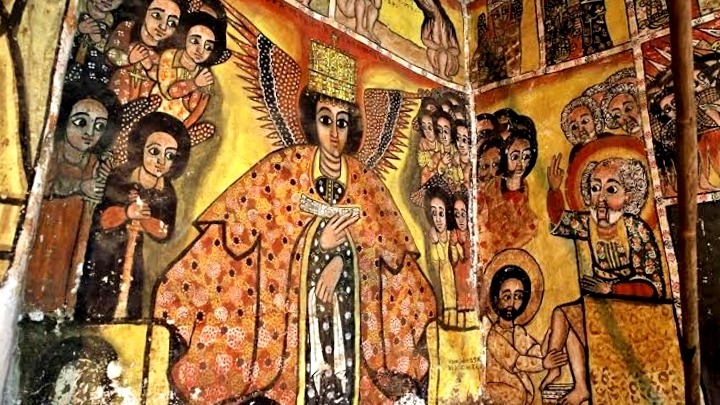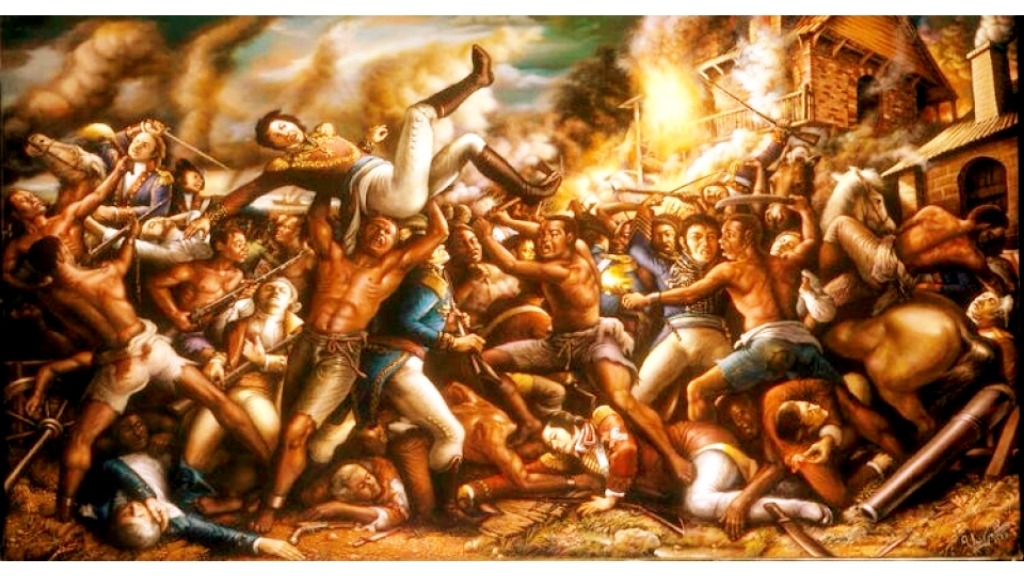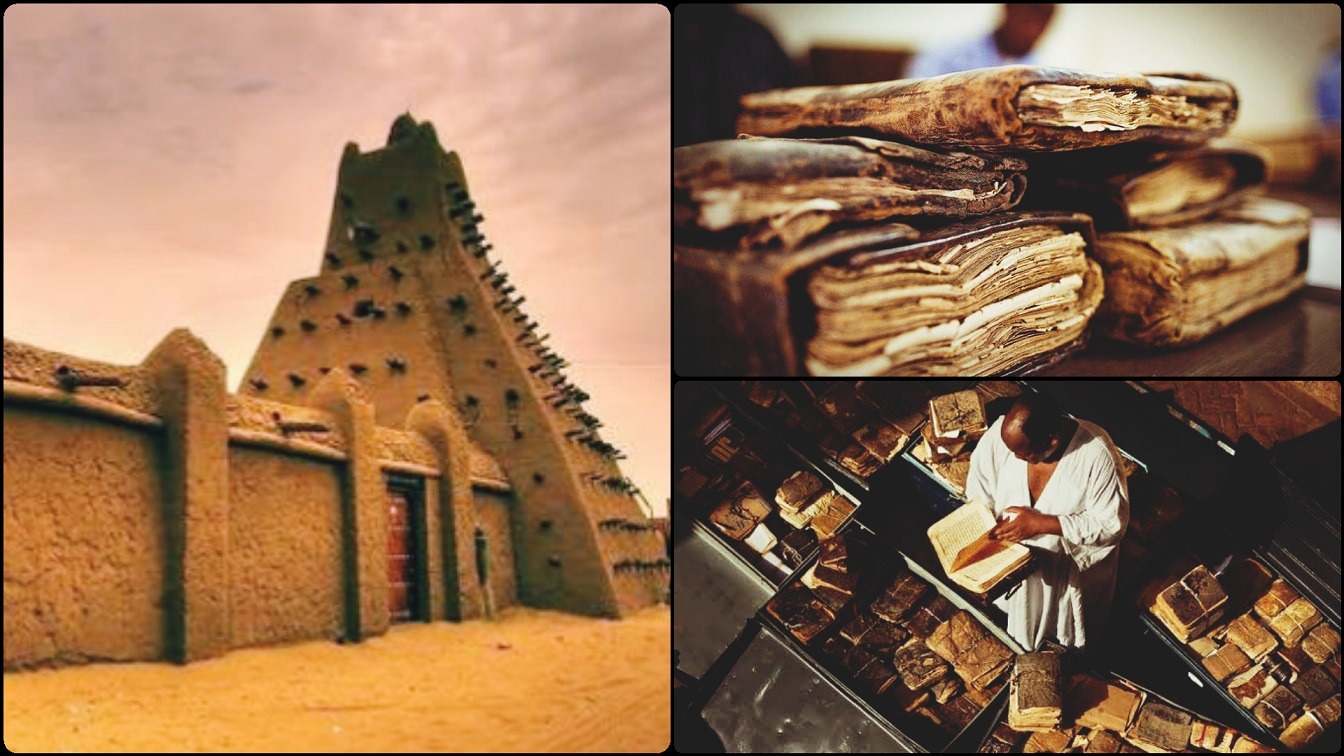While western and Chinese tech billionaires and captains of industries are considered some of the world’s richest men today, the title of the richest man that ever walked the face of the earth belongs to a little-known ancient ruler in a part of the world that is today associated more with endemic poverty than unimaginable riches.
His name was Mansa Musa and he ruled over the vast Mali Empire in 1312, taking over the throne after his immediate predecessor, Abu-Bakr 11, for which he deputized, was missing after he went on a voyage in search of the edge of the Atlantic Ocean.
Musa took over leadership during the tortuous time when European nations were decimated by endless and protracted civil wars, and dwindling resources. The Mali Empire, in contrast, was thriving with vast deposits of natural resources such as gold and salt.
Under this rule, the empire exploded in size, sprawling over a portion of West Africa, stretching from the Atlantic coast to inland trading hub of Timbuktu and some parts of the Sahara. Just as the area under his influence expanded, such was his wealth and riches.
Not until 1324 that the outside world came to fully comprehend the vast wealth that the King Musa controlled within his territory. As a devout Muslim in a kingdom where the majority were Muslims, Musa went on pilgrimage to mecca, but he didn’t travel by himself.
The approximately 400 miles voyage to the Holy Land, saw Musa travel with a caravan that made up of tens of thousands of soldiers, slaves, and heralds, all draped in costly Persian silk and carrying golden staff. Even though the exact number of his entourage is in much debate, the elaborate convoy that went with him marched accompanied by camels and horses laden with hundreds of pounds worth of gold.
This elaborate display of wealth draw the attention of residents of the territories he passed through, since such a large caravan would be hard to go unnoticed. His impact on the Egyptian people as he passed through Egypt would be felt for more than a decade.
When he arrived in Cairo, the Egyptian capital, Emperor Musa’s character was put on full display as he reluctantly met with al-Malik al-Nusar, the ruler of Cairo. Detailed of texts glean from the writings of ancient historian Shihab al-Umari has it that Musa was greeted in Cairo by a junior official of al-Nasir, who invited him to meet with his fellow royalty. Musa, however, declined the proposition, claiming he was only in transit to pilgrimage in the holy land.
His reason later became clear to onlookers. He was averse to meeting with the sultan, as this will warrant him kissing the ground and the sultan’s hand. Finally, he agreed to the meeting after mch hesitation and cajoling.
During the meeting, Musa still refused to kiss the sultan’s feet, and things only went on smoothly when he accepted to properly get the sultan, according to tradition. His presence in Egypt, however, led to his sharing of his enormous wealth with the inhabitants of the land, even as he bought from the local traders and gave gold in return.
Words of Musa wealth then spread to all parts of the world, beyond the African continent. Even after his death, which happened sometime between 1332 and 1337. By the late 14th century, Musa has been drawn in the Catalan Atlas of 1375, an important navigational resource for navigators in medieval Europe. Created by the famous Spanish cartographer, Abraham Cresques, the atlas portrayed Musa sitting on a golden throne with a golden sceptre and crown, holding a gold nugget.
From the vast abundance of natural resources under his dominion to the growth and development of communities he left behind, Musa truly was a legend whose stupendous wealth make modern day billionaires pale in significance. As far as wealth goes, it is difficult to qualify his riches even by today standards. According to a University of Michigan associate history professor, Rudolph Ware, “Imagine as much gold as you think a human being could possess and double it, that’s what all the accounts are trying to communicate”.
